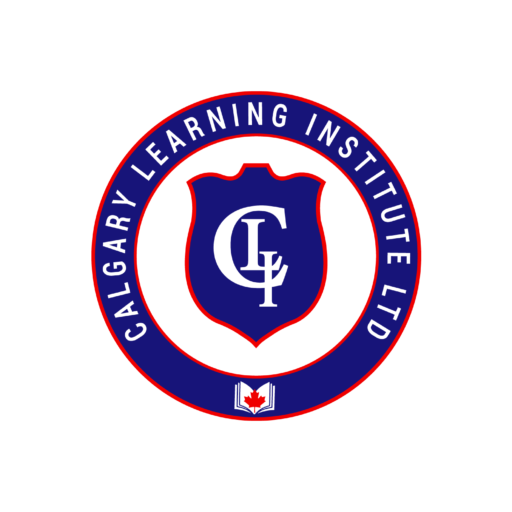The Microsoft Python certification course and lab cover the 98-381 and PCAP-31-02 exam objectives and include topics such as Python basics, data structure, Python modules, errors and exceptions, object-oriented programming, input and output, Python functions, control flow tools in Python, and more.

Prepare for the MTA 98-381 and PCAP-31-02 certification exams with the Basics of Python Programming for 98-381 and PCAP-31-02 course and lab. The lab provides a hands-on learning experience in a safe environment.
The Microsoft Python certification course and lab cover the 98-381 and PCAP-31-02 exam objectives and include topics such as Python basics, data structure, Python modules, errors and exceptions, object-oriented programming, input and output, Python functions, control flow tools in Python, and more.
The PCAP Certified Associate in Python Programming certification is an independent, vendor-neutral credential targeted at professionals who are starting a career in the field of Python programming.
This certification validates candidates' skills and knowledge of general computer programming concepts such as conditional execution, loops, and Python programming language syntax.
Microsoft MTA certification is an entry-level training program designed to ensure proficiency and technical knowledge in mission-critical IT job roles.
The MTA 98-381 exam validates candidates' skills to perform operations using data types and operators, control flow with decisions and loops, perform input and output operations, document and structure code, perform troubleshooting and error handling, and perform operations using modules and tools.
Lesson 1: Introduction
About Python
Getting Started with Python
Running Python
Basic Syntax
Lesson Summary
Lessons 2: Python Basics
Data Types
Python Operators and Expressions
Lesson Summary
Lesson 3: The Control Flow Tools in Python
Decision Making
Loops
Lesson Summary
Lesson 4: Data Structures
Lists
Tuples
Sets
Dictionaries
Sequences
Looping Techniques
Lesson Summary
Lesson 5: Functions in Python
Functions
More on Defining Functions
Intermezzo: Coding Style
Lesson Summary
Lesson 6: Modules in Python
Modules
Detailed Study on Modules
Standard Modules
The dir() Function
Packages
Lesson Summary
Lesson 7: Input and Output
Input from User
Output Formatting
Reading and Writing Files
Directories in Python
Lesson Summary
Lesson 8: Errors and Exceptions
Syntax Errors
Exceptions
Defining Clean-Up Actions
Lesson Summary
Lesson 9: Object-Oriented Programming
Names and Objects
Scopes and Namespaces
Classes
Data Hiding
Inheritance
Private Variables and Methods
Odds and Ends
Iterator and Generator
Lesson Summary
Lesson 10: What's Next in Python
More on Python
Applications of Python
The Complete Python Program
Our Philosophy
At Calgary Learning we realize that quality of teaching and tutoring demands more than just academic expertise on the part of the teachers and tutors. The key to establishing a foundation for learning development is a warm and positive relationship with students without fostering dependency.
We provide them with clear structure, techniques, and strategies to approach challenging material. By stimulating the learning process, we are able to help students gain the self-awareness needed to succeed in applying strategies independently.
Teachers and Tutors at Calgary Learning focus on identifying the students’ strengths while addressing the areas that need attention. Our focus is a holistic approach to the total learning process, rather than solely on deficits. CLI students are motivated to learn and enjoy tackling challenging assignments.
They are actively involved in their own learning/tutoring program. Current assignments are addressed while students gain transferable skills. They are also encouraged to set attainable goals and to work towards meeting them.
Our History
In 1995 Sherma Jeffrey-Ryan started with the vision of reaching and empowering children through education. First, she focused on the underprivileged children who were failing in the traditional school system. She started tutoring at home and she quickly realized that the need was greater than she had envisioned. Later, Calgary Learning Institute moved to a larger educational facility with a computer lab and a library to accommodate and enhance the learning experience of many students.
In 2010 CLI partnered with a testing company to deliver the MCAT, and after a few years, the company expanded to add more tests. Today Calgary Learning has two fully equipped computer labs with 25 networked computers. It is a Select Testing Site for Pearson Vue and a preferred site for PAN, PSI, Kryterion, Prometric, Scranton, and Assessment Systems.
The company has also added external university and college proctoring services and online Information Technology online courses, practice tests, and labs. We provide excellent quality training and testing experience for all students.
Our goal is to eliminate poverty through education by offering individualized training programs in English, adult workplace training, computer skills and tutoring to help students and adults gain the skills and confidence to be successful.
© 2025 coursetakers.com All Rights Reserved. Terms and Conditions of use | Privacy Policy